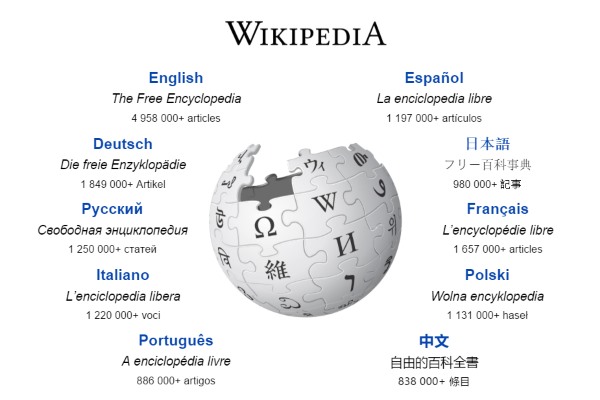Hundreds of unscrupulous black hat editors banned from Wikipedia

Crowd-sourcing of information by Wikipedia has helped create a vast resource, used by millions of people. But the fact that anyone is free to contribute to the online encyclopedia means that there is potential for corruption.
Wikipedia has just banned hundreds of black hat editors which were found to have been paid to edit articles. It is a violation of Wikimedia's terms of use to accept money to promote people, companies, and interests on Wikipedia as the site is supposed to be free from bias and undue influence.
Striving for neutrality means that editors found to have been involved in paid advocacy have been culled. In all, Wikipedia has banned 381 editors which it refers to as "sockpuppet accounts" as well as removing scores of articles created through them. It is believed that a large number of the accounts -- possibly all of them -- are related to each other, and in announcing the bans, Wikipedia says:
Most of these articles, which were related to businesses, business people, or artists, were generally promotional in nature, and often included biased or skewed information, unattributed material, and potential copyright violations. The edits made by the sockpuppets are similar enough that the community believes they were perpetrated by one coordinated group.
It is not always the case that paid editing is not allowed. Editorial associate Ed Erhart explains that "many museum and university employees from around the world edit by disclosing their official affiliations, and several prominent public relations firms have signed an agreement to abide by Wikipedia’s paid editing guidelines".
There is an ongoing discussion on the Wikipedia noticeboard where editors are trying to determine what steps can be taken to prevent similar problems from arising in future.